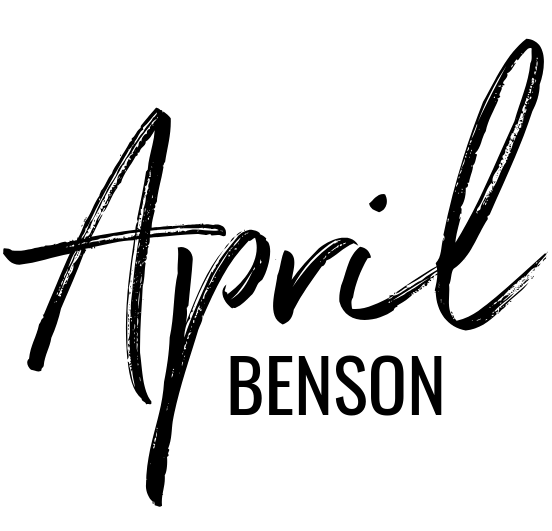Why work with a coach?
A coach is a partner who helps people perform and become their absolute best. In the coaching relationship the individual being coached is the expert in defining what they want and what works best for them. The coach is the objective observer, helping individuals identify options they may not have considered, habits, or biases that get in the way of achieving their goals. The coach is also the catalyst supporting the individual in taking action, trying new strategies, finding new tools, and holding them accountable to their action plan.
What “normal” topics are included for this type of coaching?
Topics may include:
- achieve professional goals by advancing to the next step;
- develop leadership attributes and behaviors of empathy, self-disclosure, active listening, and giving and receiving feedback (emotional intelligence);
- solve individual leadership challenges;
- excel in self-awareness and self-management;
- gain clarity in decision making and purpose; and
- review 360 feedback results.
Who can benefit from coaching?
We all need a coach at one time or another! Anyone who wants to reach their full potential should consider obtaining a coach. Coaching is about the present, the future and taking action based on goals and objectives.
How is coaching conducted? We build client relationships based on mutual trust and confidentiality. Services are negotiated and delivered with maximum flexibility in order to suit you and/or your organization’s requirements and circumstances: sessions can be in-person or over the phone. During each session, the coach listens, asks questions, motivates and provides honest feedback to help you identify and clarify your vision, goals, strategies, plans and solutions. Clients sign up for a 6-month agreement which can be shortened or lengthened depending on their need. Click Here to schedule your coaching discovery session with April.
Why do leaders need coaching skills? Coaching is a powerful tool for any leader or manager seeking to develop others in a learning organization and maximize employee performance and engagement. Coaching, when utilized continuously in the manager/employee relationship, equips employees with the tools needed to develop themselves. Coaching managers do not provide all the answers, but rather, utilize powerful questions to act as a catalyst and assist the employee’s learning process. Coaching employees is a useful way to build trust and understanding between the supervisor and the employee, and align the roles and goals of a remote team.

